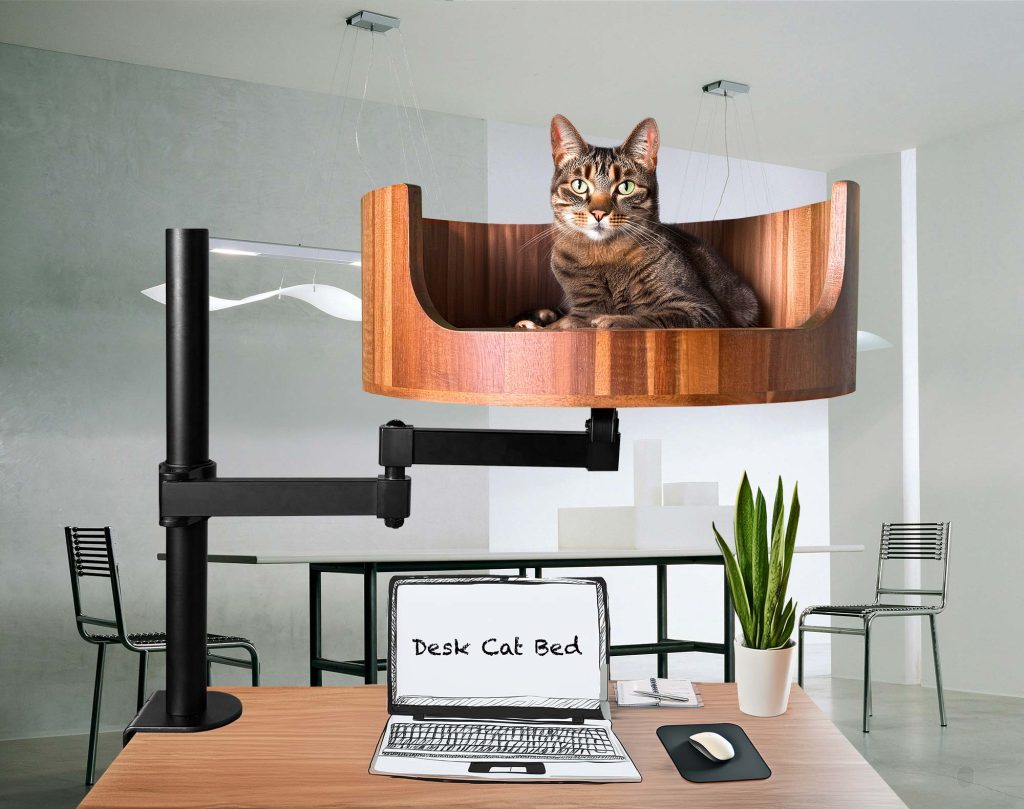We all know that cats are famous for their quirky behaviors, but have you ever heard your feline friend snoring? If you have, you’re not alone. Many cat owners have been surprised to discover that their beloved pet can make quite a racket while catching some Zs. In this article, we will explore the phenomenon of feline snoring, diving into the reasons why it happens and whether or not it is a cause for concern.
From adorable kitten purrs to loud nighttime meows, cats are known for their vocalizations. But when it comes to snoring, many owners are left wondering if it’s a normal part of feline behavior. We will take a closer look at the potential causes of cat snoring, ranging from harmless sleeping positions to underlying health issues that may need to be addressed. By understanding the reasons behind your cat’s snoring, you can better determine if it’s something to be monitored or if a trip to the vet is in order. So, if you’ve ever been curious about why your cat snores or if it’s a common occurrence among our feline companions, keep reading to uncover the truth about this quirky sleep habit.
1. Snoring in cats can be caused by various factors, including obesity, anatomy issues, or respiratory infections.
2. It is important to monitor your cat’s snoring patterns and consult a veterinarian if you notice any changes or if it is accompanied by other symptoms.
3. Some breeds, such as Persians and Himalayans, are more prone to snoring due to their facial structure.
4. Keeping your cat at a healthy weight, providing a comfortable sleeping environment, and addressing any underlying health issues can help reduce snoring.
5. Overall, occasional snoring in cats is usually normal, but persistent or loud snoring may signal a need for medical attention.
Causes of Feline Snoring
Snoring in cats can be caused by a variety of factors. One common cause is obesity, as excess weight can put pressure on a cat’s airways, leading to snoring. Other potential causes include respiratory infections, allergies, dental issues, or anatomical abnormalities such as a deviated septum or elongated soft palate. It is important to consult with a veterinarian to determine the underlying cause of your cat’s snoring.
When to be Concerned
While occasional snoring in cats is generally considered normal, persistent or loud snoring can be a cause for concern. If your cat suddenly starts snoring when they never did before, or if their snoring is accompanied by other symptoms such as difficulty breathing, coughing, or lethargy, it is important to seek veterinary attention. These could be signs of a more serious underlying health issue that requires medical treatment.
Treatment Options
The treatment for feline snoring will vary depending on the underlying cause. If your cat’s snoring is due to obesity, your veterinarian may recommend a weight loss plan. Allergies can be managed with antihistamines or environmental changes. Respiratory infections may require antibiotics. In some cases, surgery may be necessary to correct anatomical abnormalities. It is important to follow your veterinarian’s recommendations for treatment to ensure the best outcome for your cat.
Preventing Feline Snoring
While some causes of feline snoring are beyond your control, there are steps you can take to help prevent or reduce snoring in your cat. Keeping your cat at a healthy weight through proper diet and regular exercise can help prevent obesity-related snoring. Regular dental care can help prevent snoring caused by dental issues. Additionally, keeping your cat’s environment clean and free of allergens can help reduce snoring caused by allergies. By addressing potential risk factors, you can help keep your cat healthy and snore-free.
Frequently Asked Questions
Is it normal for my cat to snore?
Yes, it is normal for some cats to snore. Just like humans, cats can snore for a variety of reasons such as nasal congestion, obesity, or the position they are sleeping in. If your cat’s snoring is new or excessive, it is recommended to consult with a veterinarian to rule out any underlying health issues.
Should I be worried if my cat snores?
In most cases, occasional snoring in cats is not a cause for concern. However, if your cat’s snoring is loud, chronic, or accompanies other symptoms like labored breathing or wheezing, it may be a sign of a respiratory issue that requires medical attention. It is best to consult with a vet to evaluate your cat’s health.
Can a desk cat nest help with my cat’s snoring?
A desk cat nest provides a cozy and comfortable spot for your cat to sleep, which may help reduce snoring by encouraging better sleeping positions. However, if your cat’s snoring is persistent or severe, it is important to address any potential underlying health issues in addition to providing a comfortable sleeping area.
In conclusion, the Desk Cat Bed is a valuable choice for cat owners whose feline friends are prone to snoring. This innovative bed not only provides a comfortable and cozy sleeping space for your cat, but its elevated design also helps to open up their airways, reducing the likelihood of snoring. With the Desk Cat Bed, you can ensure that your cat gets a good night’s sleep without disruptive snoring, leading to a happier and healthier pet overall. Say goodbye to sleepless nights and hello to peaceful slumbers for both you and your cat with the Desk Cat Bed.


